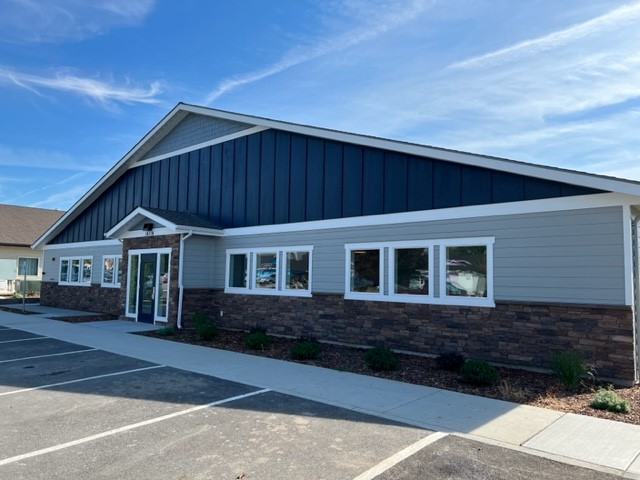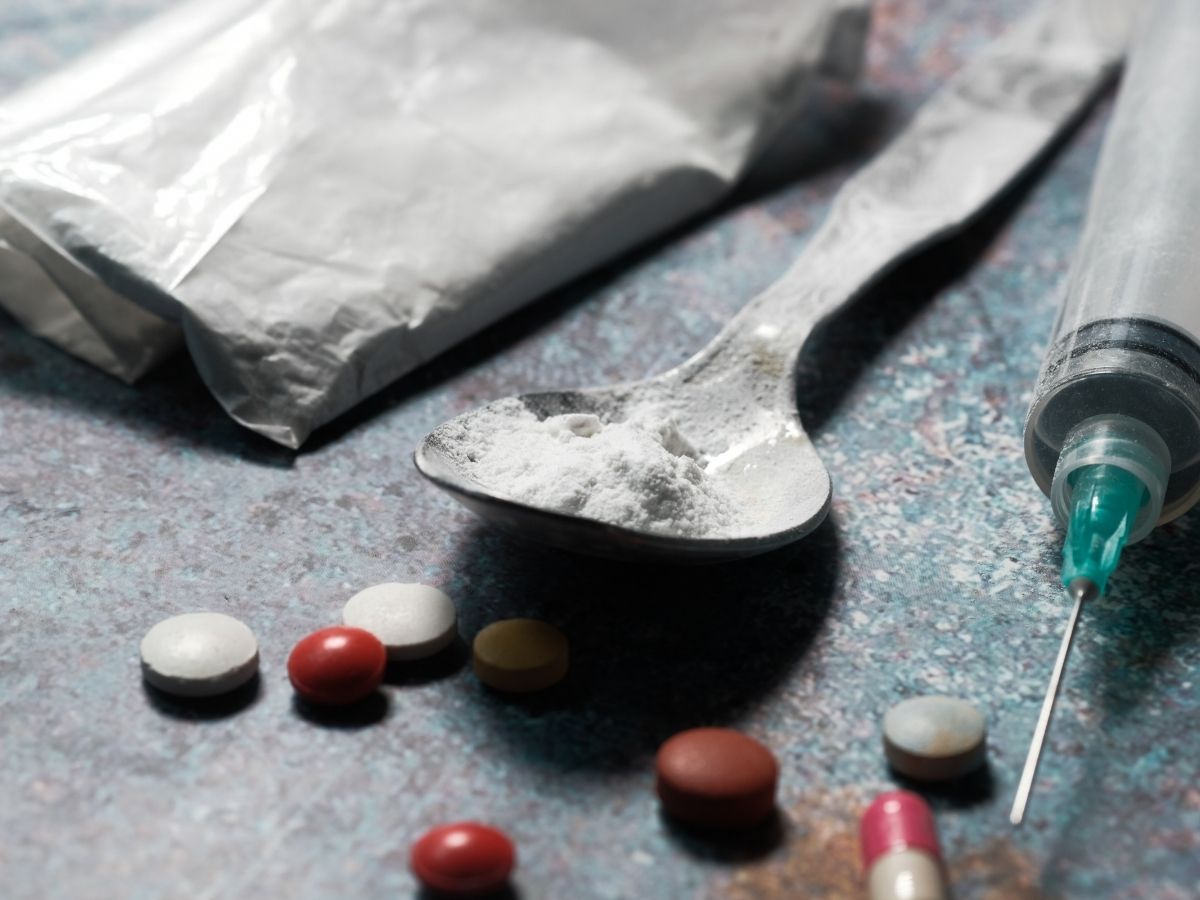
Stress is something that everyone goes through in life. Whether it is work stress and addiction, relationship stress, or financial stress, these pressures can impact our physical and mental health. For some, stress can be so overwhelming that it leads to substance use. Stress is one of the most common risk factors for developing a substance use disorder (SUD).
While stress mounts day after day and there is no positive way of coping with it, alcohol or drugs might seem to be an easy way out. But this may result in an addiction trap, illness, and misery.
Let’s explore how stress affects addiction and recovery, and most importantly, how to break the cycle.
Skip To
Table of Contents
How Stress Fuels Addiction
Stress can cause emotional reactions by triggering anxiety, unhappiness, and anger. Such negative emotions can make you or a loved one unable to act rationally or make good decisions. In the absence of a proper coping mechanism, they may begin to use drugs or alcohol for escape or relief.
Stress symptoms may be alleviated by short-term use of drugs, such as alcohol, opioids, or stimulants. The relief is only temporary, however. Regular drug use alters the brain’s reward system, making it harder to cope with stress in healthy ways. The user may feel like he or she has to rely on drugs or alcohol just to get through the day.
Common Stress Triggers That Can Lead to Addiction
- Traumatic event or death of a family member
- High-pressure jobs or pressure to study
- Financial instability
- Relationship breakdowns
- Permanent caregiving responsibilities
- Health conditions that are long term or medical conditions
Even ordinary stressful situations like juggling work and raising kids can add up over the long run and increase the risk of relapse for recovered alcoholics or addicts.
End the Emotional Pain. Get Your Life Back.
Feeling Depressed, Anxious or Struggling with Mental Health Illness? Get Safe Comfortable Mental Health Dual Diagnosis High-Quality Therapy From Counselors That Care. Begin Your Recovery Now.
Hotline: (509) 348-4077

Stress and the Risk of Relapse
Recovery from addiction is not so much a matter of avoiding drugs. It’s a matter of learning how to live without them. That’s why managing stress is such a priority in any recovery program.
When the recovering person has a significant life stressor, the brain will automatically revert back to old thought processes. They remember the short-term relief they used to get from drug or alcohol use. Without intensive relapse prevention planning, the likelihood of going back to their drug of choice is much higher.
Warning Signs Stress Might Be Leading Toward Relapse
- Avoiding friends and family they typically enjoy seeing
- Mood swings or irritability
- Skipping therapy or support group sessions
- Romanticizing past substance use
- Omitting self-care practices
- Pursuing former harmful relationships or friendships
These signals mean it’s time to get assistance and reinforce treatment programs or support systems.
Get Help. Get Better. Get Your Life Back.
Searching for Accredited Dual Diagnosis Mental Health Centers Near You?
Even if therapy failed previously, or are in the middle of a difficult crisis, we stand ready to support you. Our trusted behavioral health specialists will not give up on you. When you feel ready or just want someone to speak to about counseling alternatives to change your life call us. Even if we cannot assist you, we will lead you to wherever you can get support. There is no obligation. Call our hotline today.
FREE 24/7 Dual Diagnosis Mental Health Services HotlineWhy Substance Use Is Not a Real Coping Mechanism
You might wonder: Is a SUD a coping mechanism? In a way, yes, it begins as a means to handle too much feeling and thinking. But it is not a healthy or sustainable one. Drug use only delays healing and adds more complications.
Instead of helping, drugs and alcohol can have the following negative effects.
- Mask root causes of stress
- Elevate the body’s stress level over time
- Induce withdrawal symptoms when the person tries to stop
- Damage relationships and self-esteem
- Result in physical and mental health problems
On the other hand, creating healthy, positive coping skills in stress and addiction allows people to regain control over their lives and feelings without drugs.
Coping Skills for Addiction and Stress
There is no single way to handle stress, especially for a recovering drug addict. The most effective way is a mix of everything. The most important thing is to find healthy, daily habits that lower stress and build inner strength.
Effective Coping Skills for Substance Abuse and Stress:
- Therapy: One-on-one and group therapy both have great benefits.
- Mindfulness and relaxation: Meditation, deep breathing, or yoga calm the nervous system.
- Physical activity: Exercise releases endorphins, or natural chemicals that enhance our mood and decrease anxiety.
- Healthy routines: Rest, water, and nutrition help to stabilize emotions.
- Creative outlets: Literature, creativity or music help express emotions and release inner anxiety.
- Building a support system: Leaning on friends, family, or a support group reduces feelings of isolation.
- Learning boundaries: Learning to say no to abusive relationships or overcommitting saves emotional energy.

The Role of Therapy and Support Systems
One of the strongest tools in disentangling addiction and stress is cognitive behavioral therapy (CBT). CBT allows patients to recognize unhelpful ways of thinking, manage feelings, and acquire helpful coping strategies for handling difficult situations.
Group support and peer support groups also play an important role. To be heard and understood by others who have also endured the same kind of pain can be incredibly therapeutic. Social support is a strong protective factor that helps to prevent relapse.
Having the support of a community, therapist, or recovery coach can be a game-changer.
Comfortable Facilities & Amenities
High-Quality Mental Health Services & Behaviroal Health Substance Abuse Treatment
Rehab Centers TourRenowned Mental Health Centers. Serene Private Facilities. Inpatient Rehab Programs Vary.
Mental Health Helpline: (509) 348-4077Proven recovery success experience, backed by a Team w/ History of:
15+
Years of Unified Experience
100s
5-Star Reviews Across Our Centers
10K
Recovery Success Stories Across Our Network
- Low Patient to Therapist Ratio
- Comprehensive Dual-Diagnosis Treatment
- Complimentary Family & Alumni Programs
- Coaching, Recovery & Development Events
- Comfortable Onsite Medical Detox Center
Finding Help for Stress and Addiction
When you or a loved one is having a hard time getting a hold of addiction and stress, there is help available. When you are committing to recovery for an existing addiction, or you feel that you might be moving towards relapse, support is a life-saving solution.
We Level Up Washington provides holistic and compassionate services to guide you or your loved one to cure the stress-driven substance abuse cycle.
Our addiction treatment approach includes:
- Medically supervised detox and management of withdrawal symptoms
- Dual diagnosis treatment for co-occurring disorders like bipolar disorder, depression, and anxiety
- Individual, group, and family counseling
- Long-term relapse prevention strategies
- Aftercare planning and ongoing support
Recovery isn’t perfection. It’s progress. Every step you take toward healing is a win.
FAQs: Stress and Addiction Treatment Near You
-
Where in Spokane Valley, Washington can you get treated for stress and addiction?
You can seek professional help at We Level Up Washington. We provide personalized, evidence-based treatment for those with addiction and mental health disorders caused by stress.
-
What about treatment facilities around Liberty Lake, WA?
We Level Up Washington also welcomes Liberty Lake residents to a caring environment and professional addiction treatment close to home.
-
Are there any stress-related substance use services around Coeur d’Alene?
Yes. The majority of patients in Coeur d’Alene go to We Level Up Washington to receive treatment for substance use disorder due to chronic stress or trauma.
You’re Not Alone, Let Us Help
Addiction and stress can be overwhelming. But here’s the thing: you can recover. It starts with learning how emotional pain is connected to drug use.
Whatever your situation is, whether you are fighting drug and alcohol addiction, in danger of relapse, or supporting a loved one, you don’t have to fight it alone. Compassionate care, real solutions, and a better tomorrow are yours to claim.
Take that first step today. Call We Level Up Washington for the assistance you deserve.
World-class, Accredited, 5-Star Reviewed, Effective Mental Health Dual Diagnosis Programs. Complete Integrated Inpatient Rehab with Free Post Discharge Therapy Planning.
Hotline: (509) 348-4077End the Emotional Pain Rollercoaster. Gain Stability & Happiness Through Recovery Treatment. Start Mental Health Counseling Today. Get Free No-obligation Guidance by Behaviroal Health Specialists Who Understand Mental Health Recovery.
Summary
Call today to speak with our team and learn more about our programs. We Level Up Washington: (509) 348-4077. Your next step starts here.




